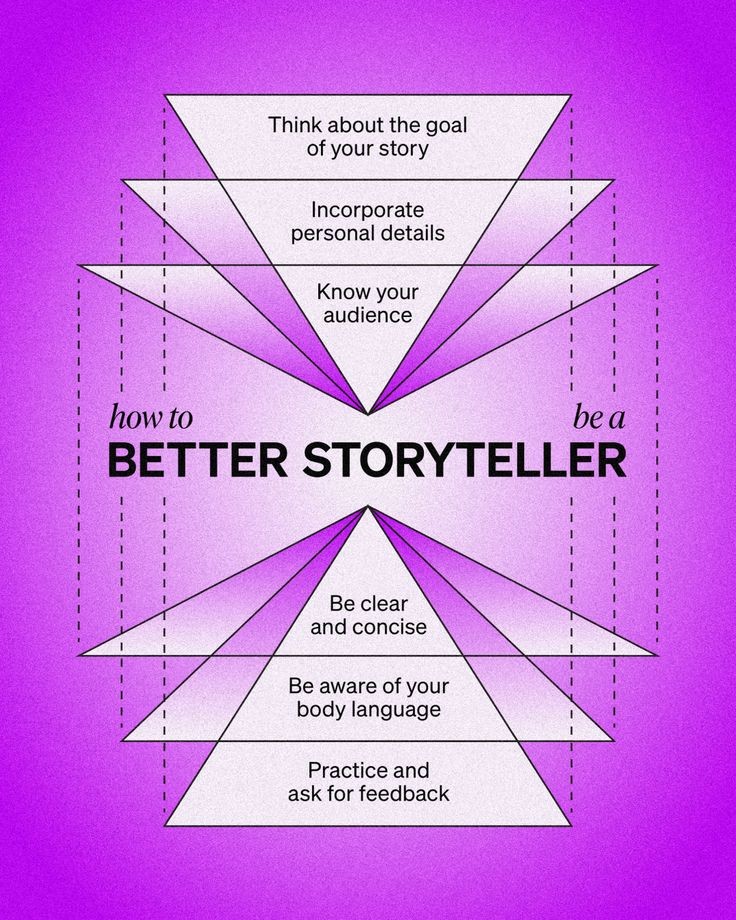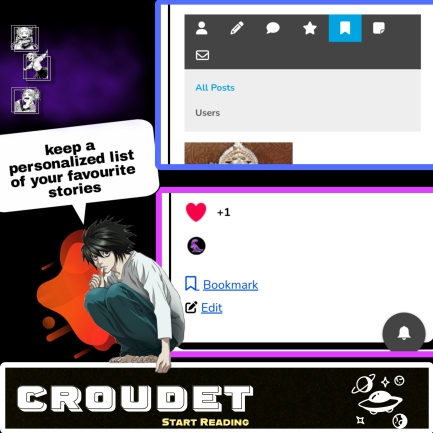Back
SHIV DIXIT
CHAIRMAN - BITEX IND... • 1y
📖 DAILY BOOK SUMMARIES 📖 🔗 DIRECT FREE E-BOOK DOWNLOAD LINK AVAILABLE — https://drive.google.com/file/d/1OnJFYnzrH8_xFdokszyoeN9rXFdd6cC5/view?usp=drivesdk 🔥Unleash the Power of Storytelling 🔥 🚀 20 Lessons 👉 ✨ By Rob Biesenbach ✨ 1. The Power of Stories • Stories are powerful tools for communication, making messages more engaging, memorable, and impactful. 2. What Makes a Good Story • A good story has a clear structure: a beginning, middle, and end, with a conflict and resolution. 3. Why Stories Work • Stories tap into emotions, helping audiences connect with the message on a deeper level. 4. The Hero’s Journey • A classic story framework where the hero overcomes challenges, learns lessons, and achieves a goal. 5. Know Your Audience • Tailor your stories to resonate with your specific audience's needs, values, and interests. 6. Storytelling in Business • Stories can be used in business to inspire teams, persuade customers, and strengthen brands. 7. The Elements of a Story • Essential elements include characters, conflict, context, and a clear message or takeaway. 8. Relatable Characters • Create characters that audiences can identify with to make the story more compelling. 9. Conflict and Resolution • Highlight challenges and show how they are overcome to add drama and engage listeners. 10. Keep It Simple • Avoid overcomplicating your story—clarity and focus make it more effective. 11. Personal Stories • Sharing personal experiences builds authenticity and fosters trust with your audience. 12. Visual Storytelling • Use vivid details and imagery to help audiences visualize and connect with the story. 13. The Role of Emotion • Evoke emotions like curiosity, empathy, or excitement to make your story memorable. 14. Storytelling in Presentations • Start your presentations with a story to grab attention and set the tone. 15. Brand Storytelling • Create a compelling narrative about your brand’s mission, history, or values to build loyalty. 16. Test and Refine Stories • Share your stories with small groups first, gather feedback, and improve them for bigger audiences. 17. Avoid Common Pitfalls • Steer clear of long-winded, irrelevant, or overly complex stories that lose audience interest. 18. Use Stories Strategically • Align stories with your goals, whether to inspire, educate, or persuade. 19. Storytelling Tools • Leverage tools like metaphors, analogies, and humor to enhance your stories. 20. Practice Makes Perfect • Practice storytelling regularly to refine your skills and become more confident.

More like this
Recommendations from Medial
Vedant SD
Finance Geek | Conte... • 1y
Day 22: The Power of Storytelling for Bangalore Entrepreneurs Content: In Bangalore's vibrant startup scene, captivating storytelling can be a game-changer. Here's why: * Connects with Investors: A compelling story breathes life into your busines
See MoreVikas Acharya
Building Reviv | Ent... • 1y
The Art of Storytelling in Marketing Storytelling is an ancient art form that has found a modern home in marketing. Here’s why it's so effective: Emotional Connection: Stories evoke emotions, creating a bond between the brand and the consumer. For
See More
Mayank Kumar
Strategy & Product @... • 1y
The Art of Storytelling in Startup Pitches A compelling story can make or break your startup pitch. Here’s how to master the art: 1. Start with a Hook: Capture attention with a relatable problem. 2. Build a Narrative: Explain how your solution cha
See MoreAnugrah
Exceptional 1 : Foun... • 1y
DAY 4. Telling You Power Of Storytelling Through Stories ! How Can You Write Such Stories To Make People Like You! Note - Find Stories, From Your Beautiful Life These Are The DNA of Compelling Stories ( Checkpoints Which You Should Tick In A Stor
See MoreVedant SD
Finance Geek | Conte... • 1y
Day 57: The Power of Storytelling in the Startup World Storytelling is an essential tool for any startup looking to capture the hearts and minds of its audience. In the bustling startup ecosystem of Bengaluru, a compelling narrative can be the differ
See MoreNaman Arora
Interested in financ... • 11m
Most people think they don’t have stories. They’re wrong. Let me prove it to you Everyone wants to be a great storyteller, but most people think they don’t have stories to tell. Reality? Stories are everywhere—you’re just not documenting them. Her
See MoreDownload the medial app to read full posts, comements and news.


















/entrackr/media/post_attachments/wp-content/uploads/2021/08/Accel-1.jpg)


















